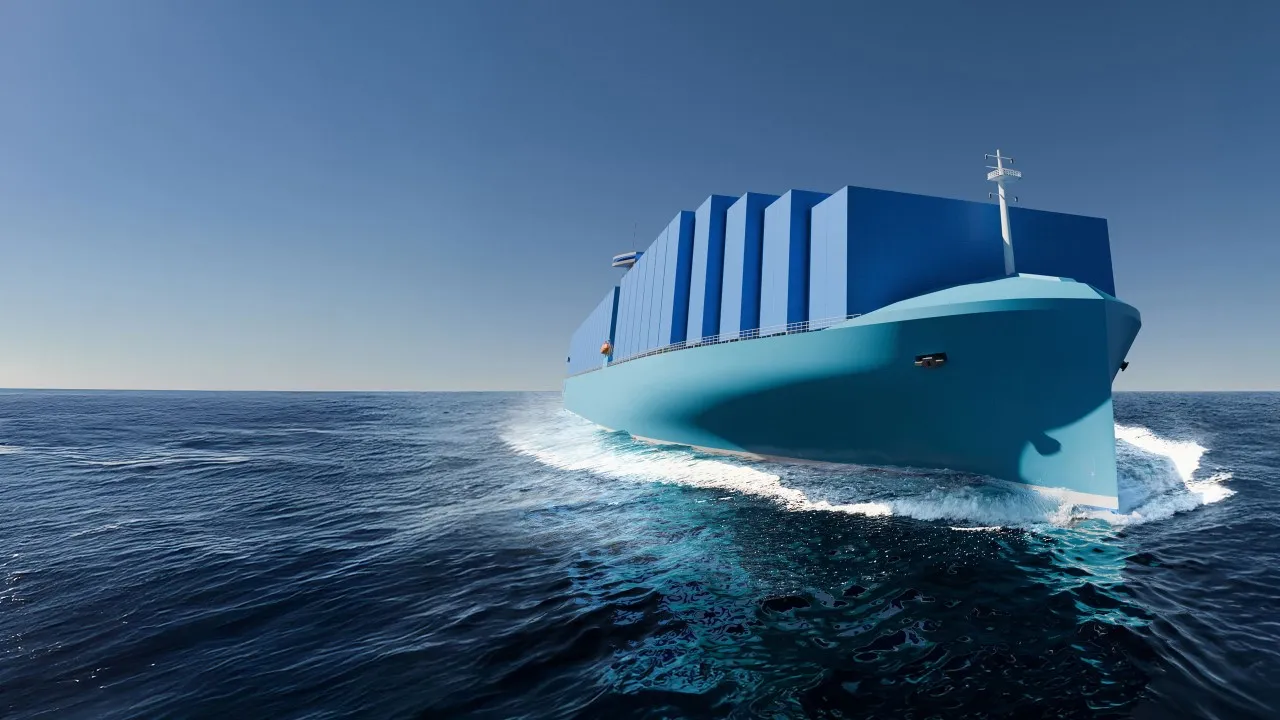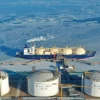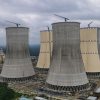Paper calls for urgent government action and sets out policy framework to develop multi-billion dollar maritime nuclear opportunities.
Core Power, NorthStandard and Lloyd’s Register (LR) have published a paper on the opportunities for the UK in the advanced maritime nuclear sector, and will present their findings to the UK government on February 24.
As small modular reactor (SMR) technologies continue to advance around the world and companies explore and develop their marine applications, outdated regulations and a lack of insurance for ship operators are major barriers to the wide adoption of nuclear propulsion in shipping, as well as the development of floating nuclear power plants (FNPP). Nuclear-powered shipping and FNPP could fully decarbonise shipping, a hard-to-abate industry, and provide clean power to isolated areas and land-based industries, all with zero operational emissions from the reactors.
Earlier this month, UK Prime Minister Keir Starmer said his government would reform planning rules and cut red tape to support the nuclear energy industry and SMR projects.
Benefits to the UK from a leadership position in maritime nuclear would include becoming a clean energy superpower, meeting GHG emissions targets, boosting energy independence, reviving the UK flag, and economic benefits from foreign direct investment potential, and the creation of new jobs and career paths, the report said.
One of the main roles of the UK Government would be to facilitate and co-ordinate discussion between regulators such as the International Atomic Energy Agency (IAEA) and International Maritime Organization (IMO), the global regulators for nuclear safety and for shipping, respectively. The government could also provide incentives for foreign direct investment in UK-based nuclear development, and support the industry with public education campaigns.
In order to nurture a potential multi-billion dollar industry, the co-authors recommend the UK Department for Energy Security and Net Zero (DESNZ) empower the UK nuclear regulator the Office for Nuclear Regulation (ONR) with additional scope and budget to cover floating nuclear applications within its mandate.
At the IMO, the paper recommends the UK take a lead role in the revision of SOLAS Chapter VIII and the Nuclear Code A.491(XII). The code is in need of extensive updates to reflect advances in safety and technology since its adoption in 1981, expanding its scope beyond pressurised water reactors to include advanced SMRs and their inherent “walk away safe” design features. The updates would create a global standard for shipping across design, construction, commissioning, operation and decommissioning.
Using its prominence at IMO on nuclear issues, the UK should advance discussion on, and creation of, a global liability framework for operators of nuclear-powered ships, the report said.
Addressing liability issues is necessary to commercially viable nuclear shipping in order to create a competitive insurance market covering ship operators’ liability in the event of an incident, the report said. A convention on such liability was adopted in 1962 but never ratified, leaving shipping without a marine liability convention for nuclear powered-vessels and at the mercy of varied national and regional regulations.
“It is highly unlikely that nuclear liabilities will be capable of being insured at commercially competitive rates until the safety regulations are in place and the liability for nuclear risks is clearer,” the report stated.
Once the initial regulatory actions are progressing, the report further recommends the government support interaction between bodies like the ONR, Maritime Coastguard Agency (MCA) and local authorities to enable the building and placing of nuclear-powered ships and FNPPS in the UK.
In order to capture broader opportunities, the government should support domestic supply chains for reactor components and nuclear fuel production, including fuel enrichment, the paper suggested, along with decommissioning and handling of spent nuclear fuel.
Public perception remains a challenge for the nuclear sector, and so the report suggests a public education programme on nuclear energy.






